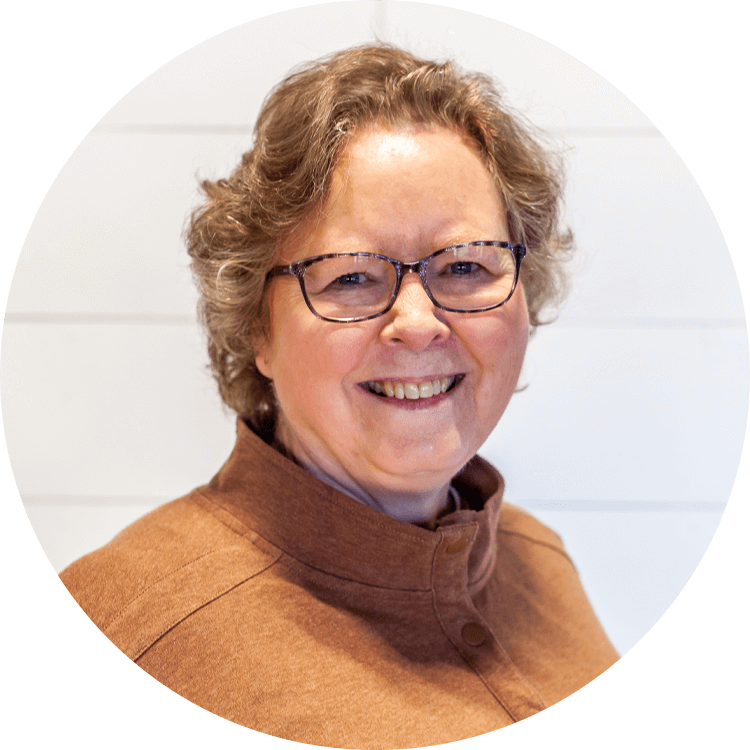Several years ago I was meeting with the distraught parents of a 15-year old kid. For over an hour I listened as they poured their hearts out, saying things like, “I don’t know what happened. Just a few years ago he wanted to be around us, he would tell us everything, he never talked back to us, he was the perfect child. That’s all changed now! We don’t know what to do!”
I listened. I nodded. I even agreed, with some of what they were saying. But when they asked me what I thought, I said, “I think he’s a pretty normal 15-year old kid, honestly.” That caught them by surprise.
“How?” the mother asked.
“Well, you’re not telling me anything I haven’t already seen or heard out of a typical teenager,” I replied. “If he were addicted to drugs or in legal trouble, we would have some stuff to wade through, but he’s not. He’s doing what normal teenagers do at his age. Of course, he needs to respect the 2 of you, and your word is law, but his behavior is normal. Not necessarily acceptable, but normal.”
They were very confused. As they glanced back and forth to one another I went on to share that in every child’s life, as they mature, there are 4 places (or voices) of influence. In no particular order (as lists go) there are parents, friends, culture, and other adults, like a coach, teacher, or small group leader.
From the age of 6 months to around 10 or 11 years old, the way those voices would rank might look like this:
- Parents.
- Other adults.
- Friends.
- Culture.
Parents have the strongest voice of influence in a child’s life through their toddler and elementary years, followed by other adults (like a little league coach, teacher or small group leader), then friends, and then the culture around them. That’s why, as a young child, they jump off the school bus, run into your arms, and pour the entire day’s events out to you over an afternoon snack. They don’t really care too much about the way they dress or even if so-and-so down the street wants to have a play date. They may be interested, but you are their world.
Then, as if a switch suddenly gets flipped, something begins to shift when they reach the age of 11 or 12. The voices of influence shuffle and the rankings begin to look a little more like this:
- Friends.
- Culture.
- Other adults.
- Parents.
Suddenly, from the age of 12 or 13, throughout their teen years, and even into the college years, friends become the top voice of influence. This is followed by culture, then other adults, and finally you, their parent. You are now in fourth place. This is precisely why you could look at your 15 or 16 year old and explain how the outfit they’re wearing doesn’t look very flattering, but if their friends like it, they will wear it, no questions asked. If you’ve been in this spot with your adolescent you know how frustrating this is.
Do you notice something about the rankings through their adolescent years? You may not have. After all, when you’re in the throws of raising a teenager, often times your world is overwhelming and defeating. However, there’s an extremely important, and life-changing truth about the second list above if you look closely. Do you see it? If not, don’t worry. I’ll tell you…
You’re still on the list!
You haven’t dropped off. You’re still a voice of influence in your child’s life during this season. You’re just not the loudest voice of influence. You’ve dropped a little but you’re still present. They’re still listening to you, and taking life cues from you, although it doesn’t seem like it at times. Their friends move into the #1 spot for a period, along with culture at #2. But you and other caring adults are still there. That’s why it’s important to allow other adults to speak into their lives.
To help you navigate the years when their friends and culture hold a lot of power, and your voice of influence is lower, you need the help of other adults. You need teachers, and coaches, and small group leaders in your teenager’s life. If they say the same stuff that you say to your child, but instead of rolling eyes, they get nodding heads and agreeing hearts, that’s a win! More importantly, that’s a partnership.
Here are 3 critical things you need to do when you drop to fourth place:
- Don’t panic. Stay the course. Keep doing what you’re doing as their parent. Consistency pays off. If you can be okay with fourth place for this season of their life, you will eventually develop a great friendship with them into their adult years and you will return to #1.
- Don’t fight for #1. This is a huge mistake parents make. When they notice that friends and culture (or even other adults) begin to rank higher, they begin to fight for #1. They insist their son or daughter tells them everything. They demand to know “what’s going on.” Bad idea. You will push them farther away and you run the risk of dropping off the list altogether (sometimes, never to return). You have to be okay with a season of lower ranking. Remember- consistency and a steady-as-she-goes attitude pays off.
- Give them space. Allow them to be a teenager and figure this thing called ‘life’ out. If they screw up, take the steps necessary to discipline and redirect, and by all means do not tolerate disrespectful or rude behavior. Set up healthy boundaries and emphasize the consequences if those boundaries are crossed, but give them adequate space to be themselves.
In 18 years of working with teenagers and families, I’ve watched this play out many times. I can tell you from an honest perspective that when you choose to be okay with fourth place the dividends pay out in large quantities, eventually. When you’re not okay with it, you end up back-tracking and it’s a long and frustrating process. Choose to be okay with fourth place during the adolescent years. You will find out later how much of a win this really is!
If you’re the parent of a teenager or perhaps used to be, have you found this to be true? What other insight would you offer?









